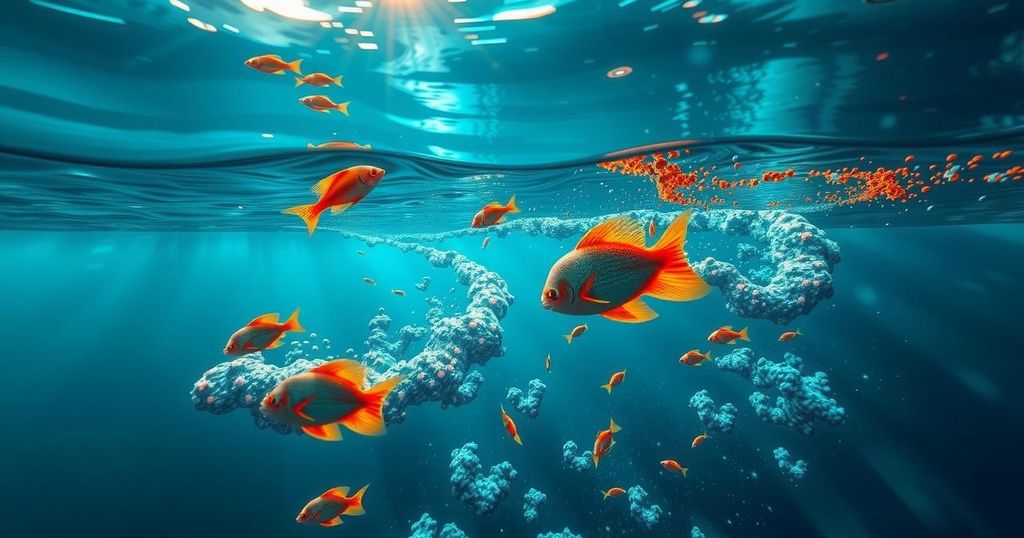Ocean acidification, prompted by climate change, threatens marine life, food chains, and economies. Conferences such as COP16 and COP29 are addressing its implications. Dr. Sabine Mathesius emphasizes the urgency for global action against this invisible menace.
Climate change poses an alarming threat known as ocean acidification, impacting marine ecosystems and economic stability. Recently discussed at global conferences such as COP16 in Colombia and the ongoing COP29 in Azerbaijan, this phenomenon is unraveling food chains vital to marine life. Experts emphasize the urgency to address this issue, as it continues to disrupt the balance of oceanic environments. Dr. Sabine Mathesius, a postdoctoral researcher at the Potsdam Institute for Climate Impact Research, has been pivotal in highlighting the critical implications of ocean acidification on biodiversity. Her insights reflect the consensus among scientists regarding this invisible yet pervasive danger, urging immediate action to mitigate its effects globally.
Ocean acidification is a direct consequence of increased carbon dioxide levels in the atmosphere, which get absorbed into the oceans. This process reduces the pH levels of seawater, leading to detrimental effects on marine organisms, particularly those with calcium carbonate shells or structures, such as coral reefs, mollusks, and some plankton species. These organisms serve as foundational components of marine ecosystems and food webs. As the acidity of oceans continues to rise, it threatens not only biodiversity but also the livelihoods of communities dependent on fishing and marine tourism, necessitating urgent global attention and action.
In summary, ocean acidification represents a significant and urgent challenge arising from climate change. While it may be an invisible threat, its consequences are tangible and devastating for marine life and human economies. The recent discussions at international conferences underscore the importance of addressing this issue through collaborative global efforts. As experts like Dr. Mathesius advocate, immediate actions are critical to preserving marine ecosystems and the economic structures dependent on them.
Original Source: www.france24.com






